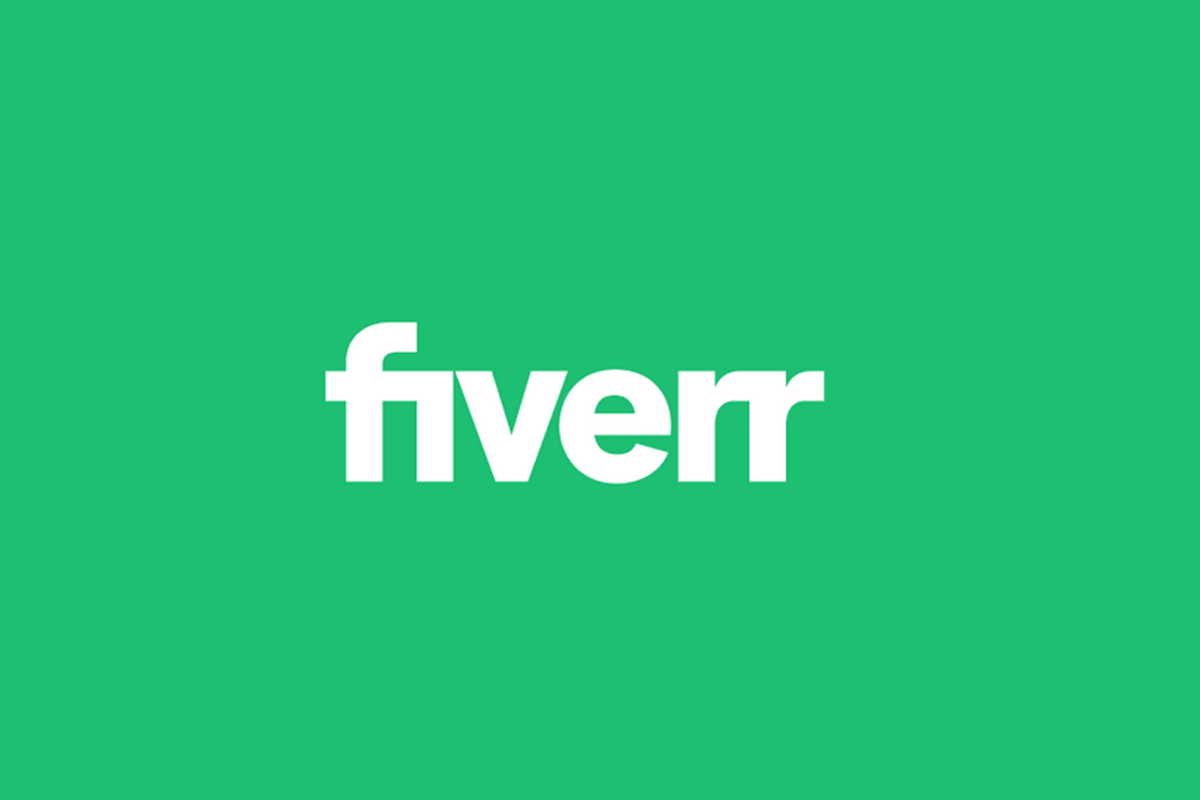
In the digital age, The Rise of Fiverr the gig economy has become a dominant force, transforming the way people work, earn, and connect. At the forefront of this revolution is Fiverr, a platform that has reshaped the way freelancers and businesses interact. With its user-friendly interface, vast array of services, and global reach, Fiverr has become a key player in the gig economy, providing opportunities for both sellers and buyers. This article delves into the origins of Fiverr, its growth, and the impact it has had on the modern workforce.
The Genesis of Fiverr
Fiverr was founded in 2010 by Micha Kaufman and Shai Wininger, The Rise of Fiverr two Israeli entrepreneurs with a vision of creating an online marketplace that would connect freelancers offering their services with individuals and businesses seeking those services. The name “Fiverr” itself is a nod to the initial concept: services for just five dollars. However, the platform quickly expanded to include services at various price points, giving it the flexibility to cater to a broad range of clients and service providers.
From its inception, Fiverr aimed to simplify the process of buying and selling digital services. It set out to disrupt traditional models of employment by providing an accessible, global platform where freelancers could showcase their skills and offer their services to a worldwide audience. This innovative approach resonated with many, and Fiverr grew rapidly.
The Fiverr Marketplace
Fiverr’s marketplace is a diverse ecosystem where sellers, known as “gigs,” offer an extensive selection of services that encompass various categories. Whether you need a logo designed, a website built, a video edited, or even a personalized song, you can find a freelancer on Fiverr who specializes in it. This vast array of services has helped Fiverr stand out from its competitors.
The platform’s categories include graphics and design, digital marketing, writing and translation, video and animation, music and audio, programming and tech, business, and lifestyle. Each category is further divided into subcategories, allowing clients to find the perfect match for their specific needs.

Moreover, Fiverr employs a unique system of packages, allowing freelancers to offer multiple tiers of services with different prices, features, and turnaround times. This system grants clients the freedom to choose a package that suits their budget and requirements. The transparency in pricing and offerings has helped foster trust and collaboration within the platform.
Connecting Freelancers and Clients
Fiverr’s success lies in The Rise of Fiverr ability to connect freelancers with clients in an efficient and user-friendly manner. Clients can easily search for services using keywords, filters, and sorting options. The platform also provides detailed profiles for freelancers, including their skills, portfolios, reviews, and pricing, making it easier for clients to choose the right person for their project.
Once a client has selected a freelancer, they can initiate a conversation through Fiverr’s messaging system, discuss project details, and agree on terms. This messaging system streamlines communication, eliminating the need for external email or chat services.
The platform also offers an order system that ensures secure and transparent transactions. Clients make payments upfront, which Fiverr holds in escrow until the project is completed to the client’s satisfaction. This protects both clients and freelancers, guaranteeing that services are delivered as promised and payments are received promptly.
The Impact of Fiverr on the Gig Economy
Fiverr has had a profound impact on the gig economy, transforming the way people work and access services. Here are some of the key ways in which Fiverr has influenced the gig economy:
- Global Accessibility: Fiverr has democratized the gig economy by providing a platform where freelancers from all over the world can offer their services. This has opened up opportunities for individuals in less developed regions to participate in the global digital workforce.
- Flexible Work Arrangements: Fiverr has enabled millions to choose when and where they work. Freelancers can set their own hours, accept projects that align with their skills and interests, and work from the comfort of their homes.
- Skill Development: Freelancers on Fiverr often expand their skillsets as they take on a variety of projects. This continuous learning and skill development have a positive impact on their employability and career growth.
- Cost-Efficient Solutions: Businesses of all sizes benefit from Fiverr by accessing high-quality services without the overhead costs of hiring full-time employees. This allows companies to remain agile and cost-effective.
- Community Building: Fiverr fosters a sense of community among its users through features like forums, seller communities, and events. This camaraderie creates networking opportunities and peer support.
- Entrepreneurship: Fiverr encourages freelancers to build their own brand and business. Some even transition from freelancing to running full-fledged agencies, offering a wide range of services.
Challenges and Concerns
While The Rise of Fiverr has undoubtedly revolutionized the gig economy, it is not without its challenges and concerns. Some of these include:
- Income Stability: Freelancers often face income instability due to the variable nature of gig work. This can be especially challenging for those without a steady stream of clients.
- Competition: Fiverr’s open marketplace means intense competition among freelancers, leading to pressure on pricing and the need to continually improve one’s skills.
- Quality Control: Maintaining consistent service quality is a concern, as Fiverr relies on reviews and ratings to ensure a freelancer’s reliability and professionalism.
- Freelancer Rights: The gig economy raises questions about workers’ rights, benefits, and job security. Freelancers typically lack the benefits that traditional employees receive.
- Service Fees: Fiverr charges service fees for both freelancers and clients, which can eat into earnings or increase costs for clients.
Conclusion
Fiverr has played a pivotal role in shaping the gig economy, offering freelancers and businesses an innovative platform to connect and collaborate. Its wide range of services, user-friendly interface, and global reach have revolutionized the way we work and access services in the digital age. As Fiverr continues to evolve and adapt to the changing landscape of work, it remains a powerful force in the gig economy, connecting individuals and businesses with talented freelancers around the world.

